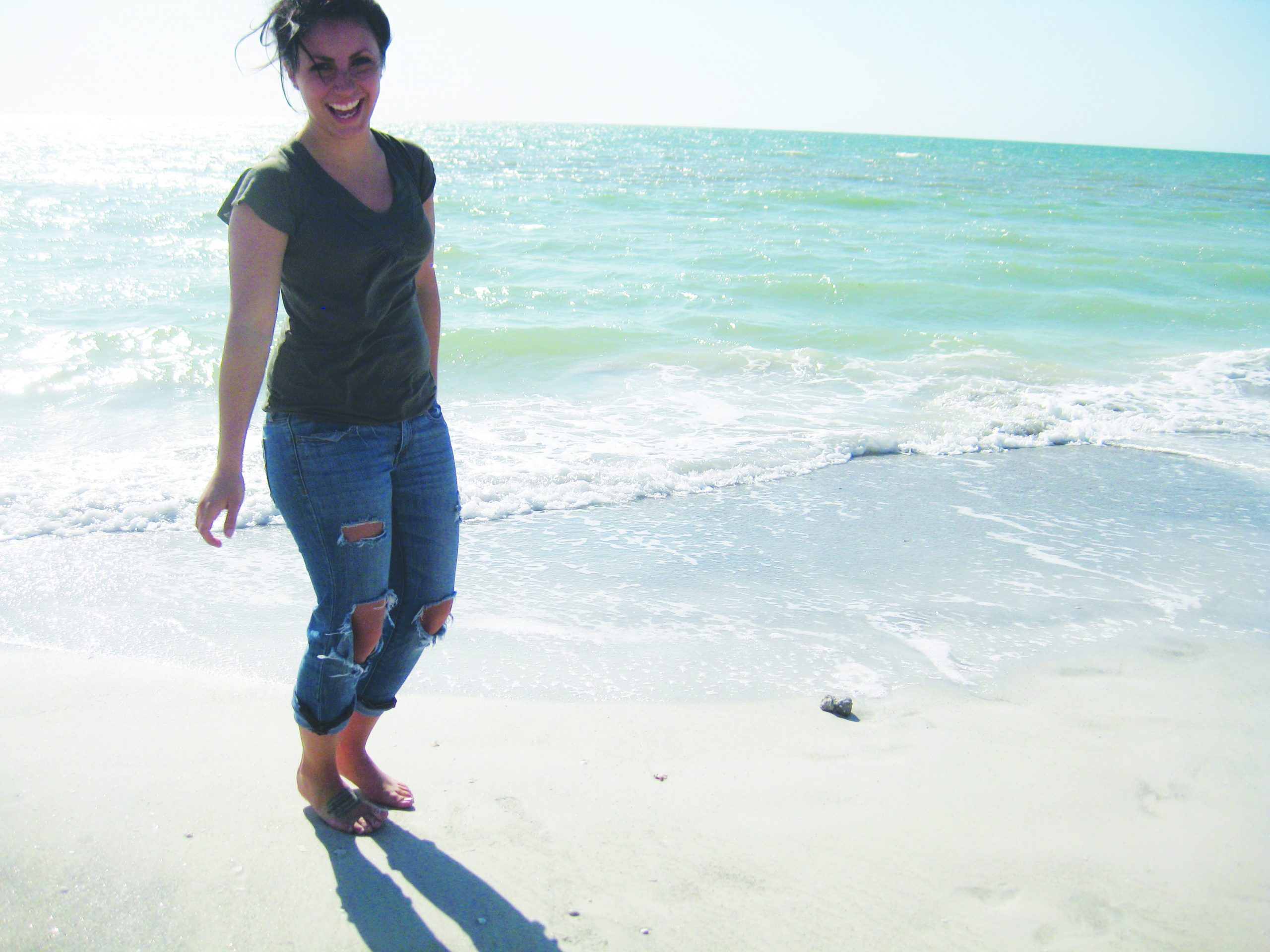Since freshman year I have been involved in the Deaf community, participating in Deaf-lead church services, volunteering at Deaf camp and even going to Gallaudet, the only university for Deaf people. This semester I have been interning for an interpreting agency in Florida.
My internship has been an experience that has opened my eyes to a new level of exposure in the Deaf world, but when I get done with my day I tell others what I see and the most common response is, “I never knew that.”I realize now that a lot of people are not intentionally ignorant; they are simply uneducated about what being Deaf really means. As I become more involved with the Deaf community, I continue to hear the stories of discrimination, misunderstandings and limited ability to have equal communication with those who don’t understand sign language. I’m only one person, but through awareness I would love to see this change.
My first few weeks as a student at Gallaudet, I was stoked to be there. I could not believe I would be able to hang out with Deaf people every day for the next three months! But after a while I started to realize that some Deaf people didn’t feel the same about me. In fact, sometimes when I would tell someone that I was “hearing” (the term that Deaf people use for a person who hears) they would respond only by saying “Oh” and walk away. I had never experienced such an awkward minority position. Over time I learned that many of my Deaf peers have been through so much oppression for being Deaf that they were finally ready to just be in a safe environment where there was no judgment or need to fit in with the hearing world around them. Gallaudet was their safe zone and I was intruding.
A few weeks ago I learned of an “interpreter” who works at an elementary school. She was hired because she supposedly knew ASL (American Sign Language). Her training consisted of four hours of class time. Yes, four measly hours.
Now she is interpreting for a Deaf child who is in the prime for their development and learning. At Goshen College, ASL interpreting majors go through the program and learn about the language for four years. What if a teacher had four hours of training in math and was expected to teach a whole course? What if you went to Japan and a native tour guide led you through the city and had only recently read the book “English for Dummies”? These are basic examples of the kinds of situations actually affecting Deaf children everyday.
According to the Americans with Disabilities Act, Deaf individuals are required to have equal communication access at most public businesses (doctor’s office, meetings, schools, etc). This still seems to occur as a problem for many businesses, mainly because Deaf individuals don’t want to speak up on their own behalf in fear of losing their job or drawing more attention to themselves.
A few months ago I went to a hospital to interpret for a hearing person’s Deaf partner. The Deaf client told us that she had rushed her partner to the ER and when she got there the nurses told her they would not be providing an interpreter. They said, “You’re not the patient. Just go home!” In this Deaf person’s case, she could speak for herself and said, “I’m not only her partner but her caretaker as well … how will I know how to care for her when she gets home?!” After a lot of resistance and complaints, finally she was able to meet with the supervisor and got her legally required interpreter.
I can never replace the perspective and expression of a Deaf person, but I can say from a Deaf advocacy perspective that I am alarmed by the unwarranted oppression that I constantly see.
Deaf people have a beautiful language and their own individual culture, but by the force of hearing people, most are compelled to live life in struggle. I hope that in time the hearing population will be enlightened and see Deaf for what it is.
Angelica Lehman is a senior ASL major



